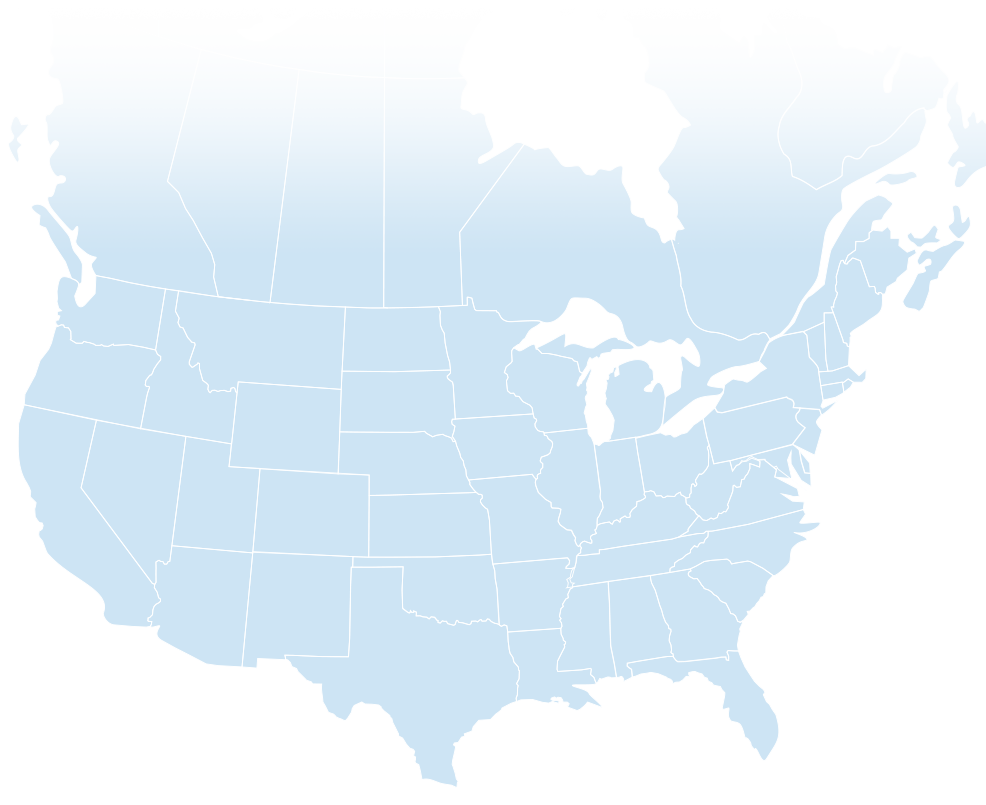The hybrid cloud has completely encompassed the IT and data management world. It’s taken the spotlight as a cost-effective solution that enables organizations to have control over both private and public components, providing flexibility and efficiency to workflow.
Sounds pretty nice, doesn’t it?
The hybrid cloud model is essentially a mixture between 1) the data center being the physical infrastructure that an enterprise deploys and utilizes and 2) certain workloads and requirements that live in the cloud. It’s the combination of using at least one public cloud provider and one private IT infrastructure—distinct elements with distinct uses—which enables portability of data and applications across the organization.
This means you can store protected or long-term data in a private cloud, while leveraging daily resources, applications and documents from the public cloud. It will keep data exposure low since you aren’t storing sensitive data on the public cloud and offers management to take place on a single plane since both will be part of the same environment.
A big pain point for many businesses considering the utilization of the hybrid cloud model? Figuring out the right balance in regards to how much (and what) data they need to put in the cloud and what they need to maintain and own. If you’re in this boat, you might be asking yourself the following questions:
- How do we ensure that we’ll still be able to control data when we send our workload to the cloud?
- Do we need to maintain anything from a security perspective?
- How do we know it’s safe and that we’re not going to lose it in any way?
- How much money will I save?
- Should I train my current staff or hire a managed services firm?
It may be difficult to determine what model works best for you and your lack of familiarity with the platforms may cause some frustration. But just remember: Every business and platform and hybrid set-up will be different.
Not only will you get to decide what data goes where, but you’ll have your fair share of cloud providers to choose from if you’re in a network-neutral colocation facility. You’ll save money since you won’t have to build a robust in-house infrastructure to handle problems. And you’ll enhance security since sensitive data will be stored in a private third-party environment. Plus, your business and employees can enjoy greater accessibility and enriched organizational workflow.













